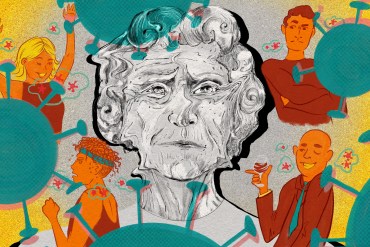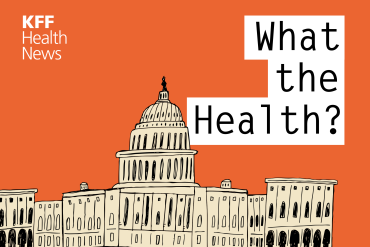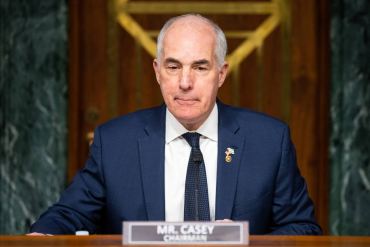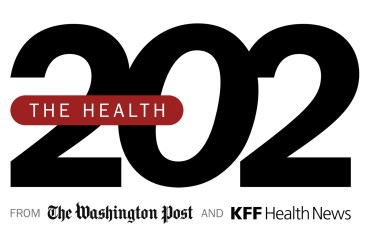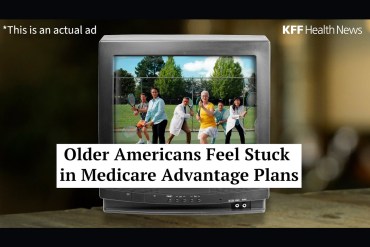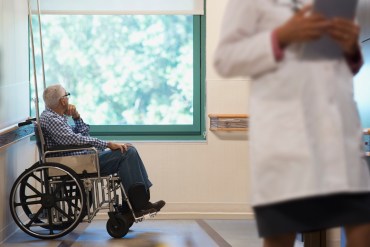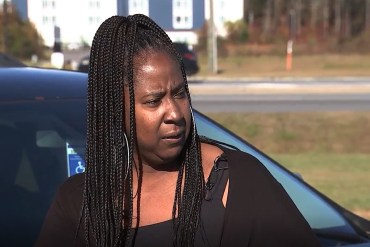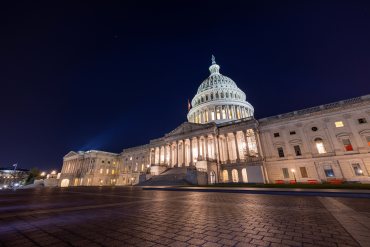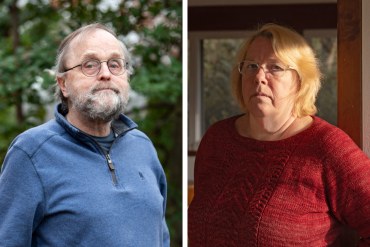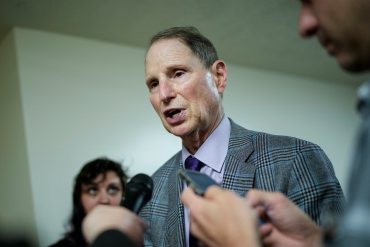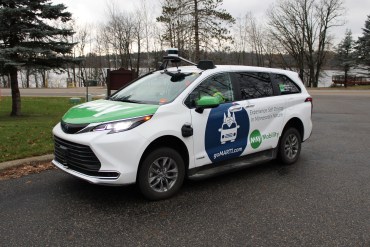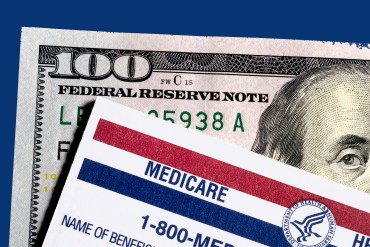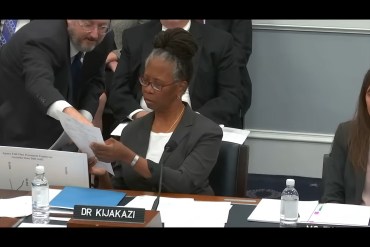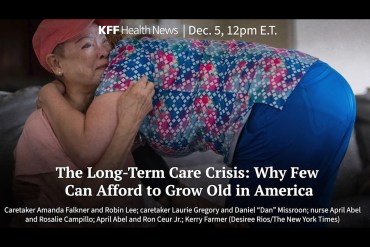Do We Simply Not Care About Old People?
Recently, thousands of older Americans have been dying weekly of covid. But most Americans aren’t wearing masks in public, a move that could prevent infections. Many at-risk seniors aren’t getting antiviral therapies, and older adults in nursing homes aren’t getting vaccines. Why?
For the first time, a jury has convicted a parent of a school shooter of charges related to the child’s crime, finding a mother in Michigan guilty of involuntary manslaughter and possibly opening a new legal avenue for gun control advocates. Meanwhile, as the Supreme Court prepares to hear a case challenging the FDA’s approval of the abortion drug mifepristone, a medical publisher has retracted some of the journal studies that lower-court judges relied on in their decisions. Alice Miranda Ollstein of Politico, Sarah Karlin-Smith of the Pink Sheet, and Rachana Pradhan of KFF Health News join KFF Health News’ Julie Rovner to discuss these issues and more. Plus, for “extra credit,” the panelists suggest health policy stories they read this week that they think you should read, too.
Senate Probes the Cost of Assisted Living and Its Burden on American Families
In the wake of a KFF Health News-New York Times series, members of the Special Committee on Aging are asking residents and their families to submit their bills and are calling for a Government Accountability Office study.
Una decisión difícil: cuando los adultos mayores tienen que dejar de conducir
Los riesgos para los conductores mayores aumentan con la edad y el desarrollo de afecciones como la artritis, el glaucoma y el Parkinson. Y cuando ocurren accidentes, son más propensos a sufrir heridas graves o morir porque son físicamente más vulnerables.
Preparing to Hang Up the Car Keys as We Age
As cognitive skills erode with age, driving skills weaken, but an aging driver may not recognize that. Advance directives on driving are one way to handle this challenge.
Medicare Advantage Is Popular, but Some Beneficiaries Feel Buyer’s Remorse
Medicare Advantage plans are booming — 30.8 million of the 60 million Americans with Medicare are now enrolled in the private plans rather than the traditional government-run program. But a little-known fact: Once you’re in a Medicare Advantage plan, you may not be able to get out. Traditional Medicare usually requires beneficiaries to pay 20 […]
As climate change-driven wildfires increasingly choke large parts of the United States with smoke each summer, new research shows residents in long-term care facilities are being exposed to dangerously poor air, even those who don’t set foot outside during smoke events.
Watch: Older Americans Say They Feel Stuck in Medicare Advantage Plans
You’ve probably seen advertising about Medicare Advantage plans. KFF Health News’ Sarah Jane Tribble explains the pros and cons of this insurance option as enrollment in these plans increases.
America’s Health System Isn’t Ready for the Surge of Seniors With Disabilities
More than a third of older adults have a disability. Many find it difficult to get the medical care they need. New federal regulations would address that problem.
In a Fractious Rerun, GOP Rivals Haley and DeSantis Debate Health Care. Trump Sits It Out.
The fifth debate of the 2024 GOP presidential primary season took place days before Iowa Republicans will caucus to determine their pick for the top of the party’s ticket. The front-runner, former President Donald Trump, once again did not participate.
Adultos mayores se sienten “atrapados” en planes de Medicare Advantage
Al parecer el programa de planes privados para adultos mayores comienza a presentar obstáculos cuando surgen enfermedades.
Older Americans Say They Feel Trapped in Medicare Advantage Plans
As enrollment in private Medicare Advantage plans grows, so do concerns about how well the insurance works, including from those who say they have become trapped in the private plans as their health declines.
‘I Am Just Waiting to Die’: Social Security Clawbacks Drive Some Into Homelessness
The Social Security Administration is reclaiming billions of dollars in alleged overpayments from some of the nation’s poorest and most vulnerable, leaving some people homeless or struggling to stay in housing, beneficiaries and advocates say.
Social Security Chief Apologizes to Congress for Misleading Testimony on Overpayments
Acting Commissioner Kilolo Kijakazi sent the letter days after KFF Health News and Cox Media Group reported that the agency has been demanding money back from more than twice as many people as she’d disclosed in October testimony.
‘Financial Ruin Is Baked Into the System’: Readers on the Costs of Long-Term Care
Thousands of people shared their experiences and related to the financial drain on families portrayed in the “Dying Broke” series, a joint project by KFF Health News and The New York Times that examined the costs of long-term care.
‘Until It Is Fixed’: Congress Ramps Up Action on Social Security Clawbacks
Sen. Ron Wyden (D-Ore.), chair of the Senate Finance Committee, vowed to meet monthly with Social Security officials until the problems surrounding overpayment demands are fixed.
People With Disabilities Hope Autonomous Vehicles Deliver Independence
A pilot project in northern Minnesota aims to pave the way for fully autonomous vehicles to offer independence for people who can’t drive.
Dodging the Medicare Enrollment Deadline Can Be Costly
As open enrollment ends, many people are tuning out. They could wind up with a surprise next year: higher costs and less access to health care providers.
Social Security Clawbacks Hit a Million More People Than Agency Chief Told Congress
More than 2 million people a year have been sent notices that Social Security overpaid them and demanding they repay the money. That’s twice as many as the head of Social Security disclosed at a congressional hearing in October.
Watch: The Long-Term Care Crisis: Why Few Can Afford to Grow Old in America
Long-term care options in the U.S. are costly, complex, and often inadequate. KFF Health News’ Jordan Rau and Reed Abelson of The New York Times host a Zoom panel to explore the challenges of providing — and affording — care.



